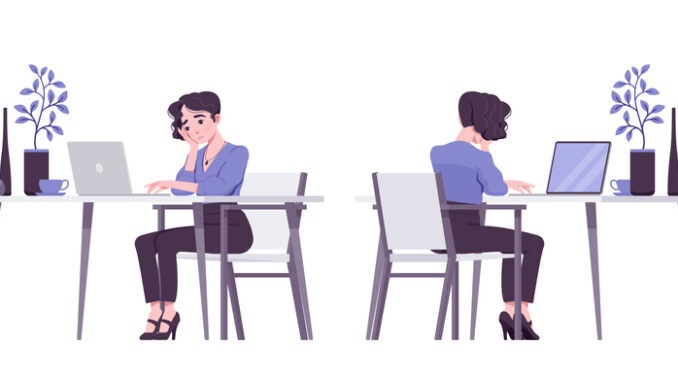
Helen Salisbury, GP, discusses why – although the switch to remote consultations has made access to GPs easier – it also has its downsides
CREDIT: This is an edited version of an article that originally appeared on The BMJ
Easy and convenient access to a GP must be a good thing – and that’s, arguably, what the switch to remote consulting has facilitated. With the move to more telephone consultations, people can talk to their GPs anywhere, without having to make a journey or take time off work. They can also avoid waiting on the ‘phone by booking appointments online, or filling in an online consultation form. However, this assumes that they speak and read English and have computer access or data on their ‘phones.
The problem is that this ease of access seems to have lowered the threshold of what people feel the need to ask a GP about. In the past, the personal cost in terms of time and disruption to attend an appointment was enough to persuade many patients to hang on through a few days of cough, earache or diarrhoea in the hope that they’d get better untreated (which they often did) – but now, although actually getting an appointment may still be a problem, patients know that they’ll get some sort of answer by filling in a form; as a result, we’re deluged with requests.
Any recommendation of barriers to GP access is problematic. Most people don’t know whether their symptoms are serious, and it’s a doctor’s job to determine that. Furthermore, if we make it harder to see a GP, precisely the wrong patients will stay away, presenting too late with symptoms of serious disease because they didn’t want to bother the doctor, or couldn’t navigate the system.
However, we do need to find a solution to rising demands on general practice. My fear is that we’re having our time and energy diverted into responding to online consultations about minor problems, many of which don’t need a doctor’s attention. They may be fairly simple to handle, but they all need to be read, considered, and responded to.
Although many older patients do use online access, there’s still a skew towards younger, more tech-savvy patients. In theory, moving these people online should free up our ‘phone lines for those who need them but, in practice, we seem to have generated new demand—or possibly uncovered previously unmet need—which is squeezing out some of the most valuable parts of our job, such as home visits to older, frailer patients.
Some practices have made e-consulting work for them, and they’ve found it an efficient way to answer simple questions quickly, leaving more time for patients with more complex medical needs. Others, including our practice, have only found their workload increasing, with the dreaded e-consultation forms yet another task to fit in, usually at the end of an already overlong day. Only a few can be answered without at least a telephone consultation, and these calls are mostly in addition to the work we already have, rather than instead of it.

Be the first to comment